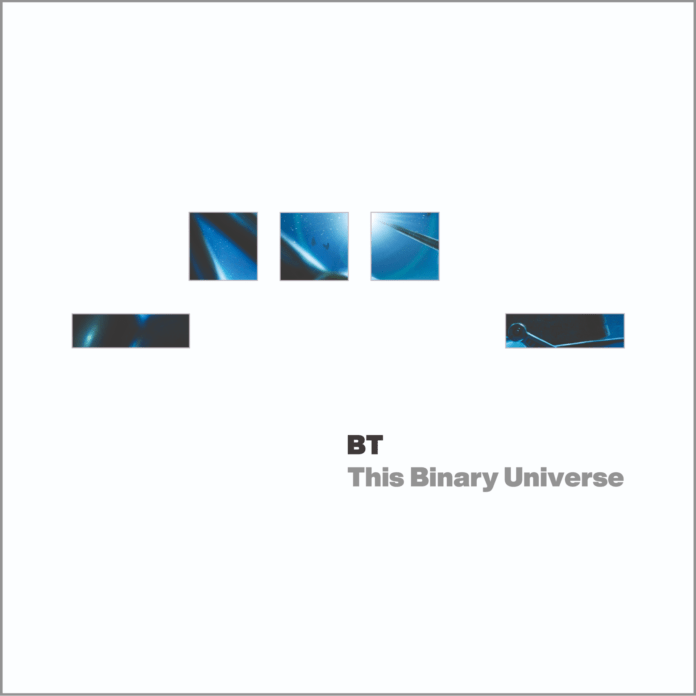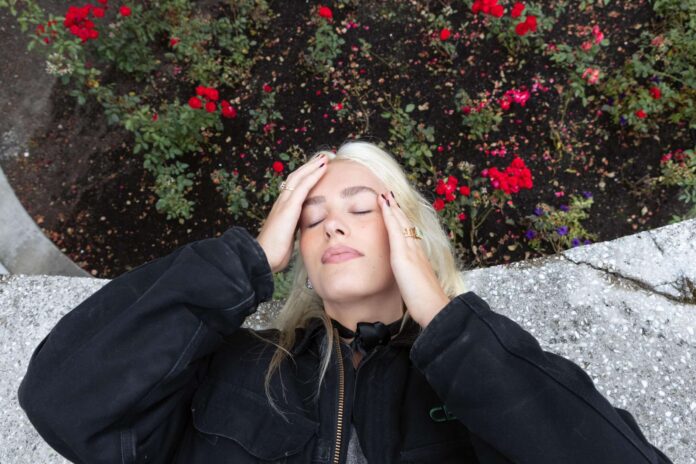Anime reboots are commonly considered superior productions to their original shows -- usually either because the reboots do a better job of adapting the source material, or else simply because their newness allows for smoother animation and a more contemporary art style. Fullmetal Alchemist: Brotherhood is the quintessential example of an anime reboot that’s widely thought of as better than the initial series, although there are numerous other examples of this such as Hellsing Ultimate and Hunter x Hunter. However, while the 2019-2021 Fruits Basket anime reboot is often put into the above category, a strong argument can be made that the original show, which aired in 2001, is actually the better overall production.
Click to start this article in
Better Balance of Humor vs. Seriousness
First and foremost, the 2001 Fruits Basket anime does a vastly better job than its reboot of striking a good balance between humor and seriousness. Needless to say, as a romantic drama, Fruits Basket as a whole delivers a fairly dramatic atmosphere, and viewers would likely expect nothing less.
However, the reboot often takes this to an extreme level, with little left of the levity offered by the original show. Gone is the hilariously goofy background music used for some of the funnier characters (especially the Mabudachi Trio). Gone is much of the impact of the good-natured ribbing between many of the main characters. In its place, viewers are treated to overly long internal monologues, relationships that feel more outright antagonistic than just annoyingly familial, and a far less enjoyable experience in general.
More Appealing Characters
Part of the problem of doing away with much of the humor of the original Fruits Basket is that it makes some of the characters in the reboot deeply unlikeable. For example, Kyo is initially hot-headed but actually quite willing to socialize with his classmates once he gets used to them. Yuki is socially withdrawn and unfailingly polite, but not necessarily cold to his classmates or Tohru’s friends. Shigure clearly has his own plans but is not entirely selfish, putting the happiness of those under his care as a priority.
The Fruits Basket reboot makes many of these same characters not only less enjoyable to watch, but at times downright insufferable. Kyo is now quick-tempered to the point of (non-comedic) violence. Yuki is so busy being caught up in his own angst that he comes across as completely self-absorbed. Shigure is explicitly manipulative and seems to only care about the end-game, no matter who he hurts in the process of getting there. These characters still all have the same basic traits as their older versions, but again, their bad sides are taken to more of an extreme.
Adapting the Manga Ending
To address the elephant in the room, by far the biggest criticism of the 2001 version of Fruits Basket is that it did not adapt all of the source material, as the manga on which it was based was still ongoing at the time, only completing its run in 2006. This is a fair criticism, since fans naturally wanted to see a conclusion to such a beloved story.
However, not all endings are good, and in the case of the Fruits Basket reboot, it could be argued that giving the characters their happily ever after was not in their best interest. It’s of course expected that romance anime produce this kind of “all’s well that ends well” conclusion -- audiences have long been primed for exactly that, and feel let down or even cheated when one isn’t provided.
Nonetheless, would Tohru have truly been better off dating another of the Sohmas (or possibly even better, none of them)? Kyo and Yuki remain the frontrunners for her affections throughout both shows, but they are utterly dependent on her -- hardly grounds for a psychologically healthy relationship, surely? Meanwhile, wouldn’t Tohru herself, a painfully selfless girl still finding her feet in a world bereft of her mother, be better off with someone who encourages her independence, fosters her confidence, and doesn’t take her endless cooking and cleaning routine for granted (or heaven forbid, takes on some of these responsibilities themselves)? These are all questions which, sadly, are not dealt with in the reboot, but which the open-ended conclusion in the original anime still leave some hope of answering.
This is of course not to mention the happy ending that is granted to Akito Sohma by the end of the reboot, whose previous actions -- which, incidentally, include chopping off people’s hair, locking them in isolation rooms, shoving them out of windows, and stabbing them -- not only go entirely unpunished, but are apparently forgiven by her victims. In the end, she gets exactly what she wants, including romantically.
Updated Art Doesn’t Always Equal Better
Finally, while a case can certainly be made that the 2019-2021 Fruits Basket anime has a more attractive art style and better animation, this is a rather weak argument on which to rest. Specific art styles remain purely a matter of personal preference, but regardless, the 2001 Fruits Basket is very much a product of its time. Updating the art style to something more appealing to modern audiences is a natural and fully expected move, but it also erases some of the history of the show, making it rather bland and conventional in comparison, since it does almost too good a job of conforming to contemporary norms.
Meanwhile, the fact that the Fruits Basket reboot has better animation, given that it was produced a decade later, is unquestionable but also unremarkable. The original Fruits Basket was not poorly animated for its time, and can still be watched today without cringing. Conversely, its updated counterpart has perfectly fine animation but nothing exceptional, and the animation does nothing in and of itself to warrant a second look in, say, another ten years.
In short, it’s safe to say that while Fruits Basket’s 2021 version has plenty of fans, it is not automatically better than its earlier anime adaptation simply because it's newer, or even because it more faithfully adapts the manga. Indeed, there’s solid reasoning why the original Fruits Basket anime has the upper hand in terms of both objective quality and subjective enjoyment.


